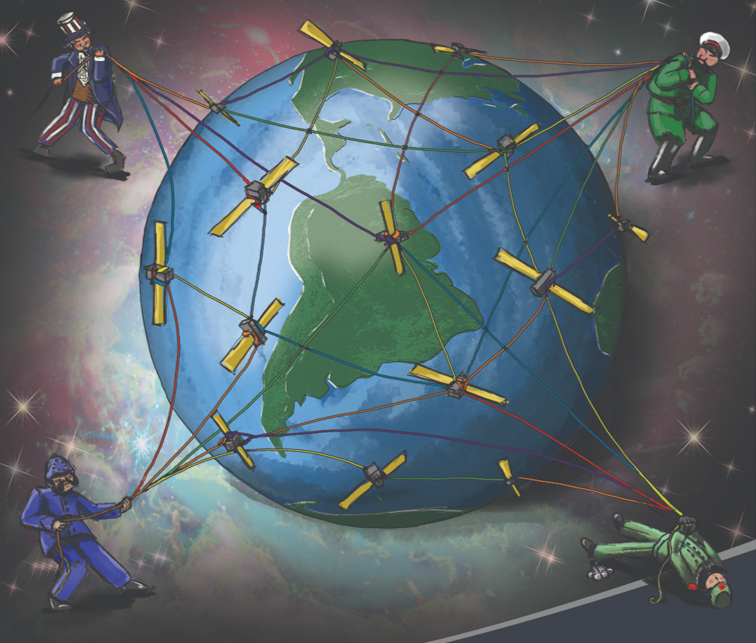
China, the Illiberal Counter-Order, and the Role of Values in the Strategic Response
Introduction
The dynamics of the international order in the third decade of the 21st century are changing profoundly. The magnitude and complexity of the change are illustrated by Russia’s invasion of the Ukraine, in both its initial failure, and in the ability of the Putin administration in Russia to sustain its costly campaign. The new international dynamics are further illustrated by Iran’s ability to sustain a proxy campaign against Israel and moderate Arab nations in the Middle East, as well as by the failure of actions by Hamas, Hezbollah, the Houthis, and Israel to escalate into a broader conflict. In Latin America, the new dynamics are highlighted by the ability of the authoritarian populist regime in Venezuela to threaten military action against its neighbor Guyana over the Essequibo territory, without a firm response by the United States (US), Venezuela’s neighbor Brazil, or other states in the region. Finally, the new dynamics are illustrated by the increasingly aggressive posture by the People’s Republic of China (PRC) against Taiwan, as well as by its assertion of maritime territorial claims in the South and East China sea and its increasingly confrontational military posture toward the US and allied militaries in the region.
International relations scholars have long noted the linkage between the structure of the international system and its dynamics, debating whether an order dominated by one major actor (unipolar) or multiple actors (multipolar), or the transition between orders are associated with greater opportunities for conflict, among other characteristics.1 Other scholars in the international relations literature focus on the role of institutions and multilateral frameworks in facilitating order, the avoidance of conflict, and the enforcement of norms creating the basis for the growth of international interdependence, and associated systems of trade, finance, communication and data connectivity.2 Still others focus on the role of legitimating of ideas, such as democracy, human rights, and market- based versus state- led economies to explain international dynamics within broader structures of power arising out of state and other actors in the international systems, as mediated through institutions and other frameworks....



